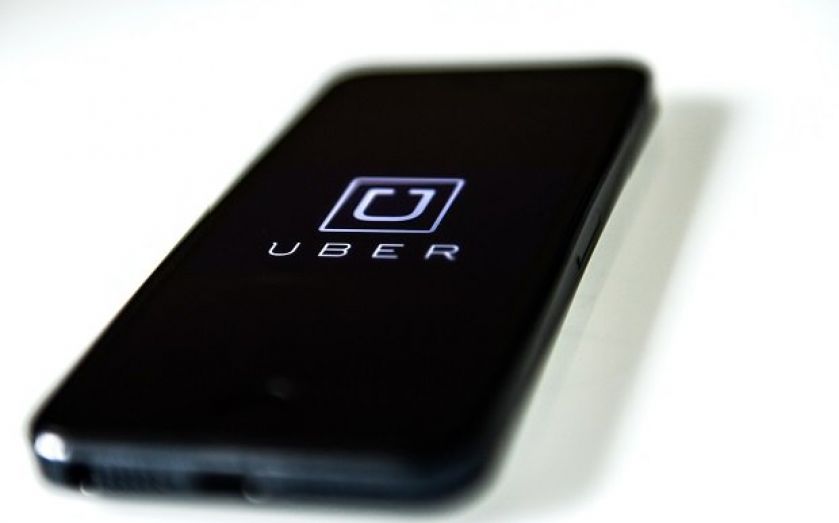Let markets work: Uber, Lyft and the benefits of taxi deregulation

The development of ride-sharing taxi-apps like Uber and Lyft has elicited much controversy. Customers can now have a cab pick them up in minutes with a simple touch of their smartphone.
However, these kinds of services have faced fierce opposition from taxi unions and regulators across Europe and the US. A new report from the Mercatus Center has few kind words for this kind of opposition and instead trumpets the benefits of competition and deregulation in the taxi sector.
The study argues the established taxi companies opposing services like Uber are expending resources "contesting wealth instead of creating it". Furthermore, many of the taxi unions are engaged in rent seeking, hoping to use the power of politicians and regulators to block new competitors and raise their profits through special privileges rather than a superior service.
The result of the regulation is higher prices and discourages services to poorer customers. Many of the regulations passed governing the taxi industry are passed ostensibly for consumer safety. However, even without government regulation, the report argues, companies must provide a decent and honest service to maintain good reputations and win repeat customers.
An example of government regulations limiting the growth of the taxi industry is the licensing system. Mercatus gives the example of New York, where the Haas Act of 1937 limited the number of cab licenses in NYC to 16,900.
Despite substantial population growth, the number of licenses has actually fallen. In 2004, there were a meagre 12,187 medallion cabs in the city. This system maintains high fares and prevents new entrants.
Unsurprisingly the price of medallions has skyrocketed. Over the last 80 years, the value of a medallion doubled every four and a half years, according to the paper. However, the proceeds rent seeking don't even mainly accrue to the medallion drivers, who earn around $30,000 a year.
The winners, Mercatus say, are the original owners of the medallions who have enjoyed massive growth in their asset's value. Most of the cash generated by the system is then used to pay up-front costs of buying new licenses. Yellow cabbies in NYC have very little to gain from major increases in productivity, the report argues.
One the main justifications for regulation is consumer welfare, specifically in the case of tourists who don't know the place they are visiting and could be exploited by unscrupulous drivers. But today's technological advances have given birth to new forms of self regulation like rating systems for drivers.
If a driver behaves badly their rating drop and if they fall below a certain they can't operate at all. Consumers can now attain high-quality information at minimal cost. It is in the interest of companies like Uber and Lyft to have safe drivers who raise their reputations and generate new and repeat customers, increasing profitability.
Mercatus cite the benefits of deregulation in a study of the taxicab radio dispatch market in 103 US cities that found consumers received better service, cheaper rides, and faster response times.
These findings were perhaps unsurprising, with a recent poll of expert economists at the University of Chicago's Initiative on Global Markets unanimously supporting taxi deregulation.
While the Mercatus paper may be firm in its conclusion of the benefits of taxi deregulation, it remains to be seen whether politicians and regulators will relinquish control of such an important aspect of urban transportation.